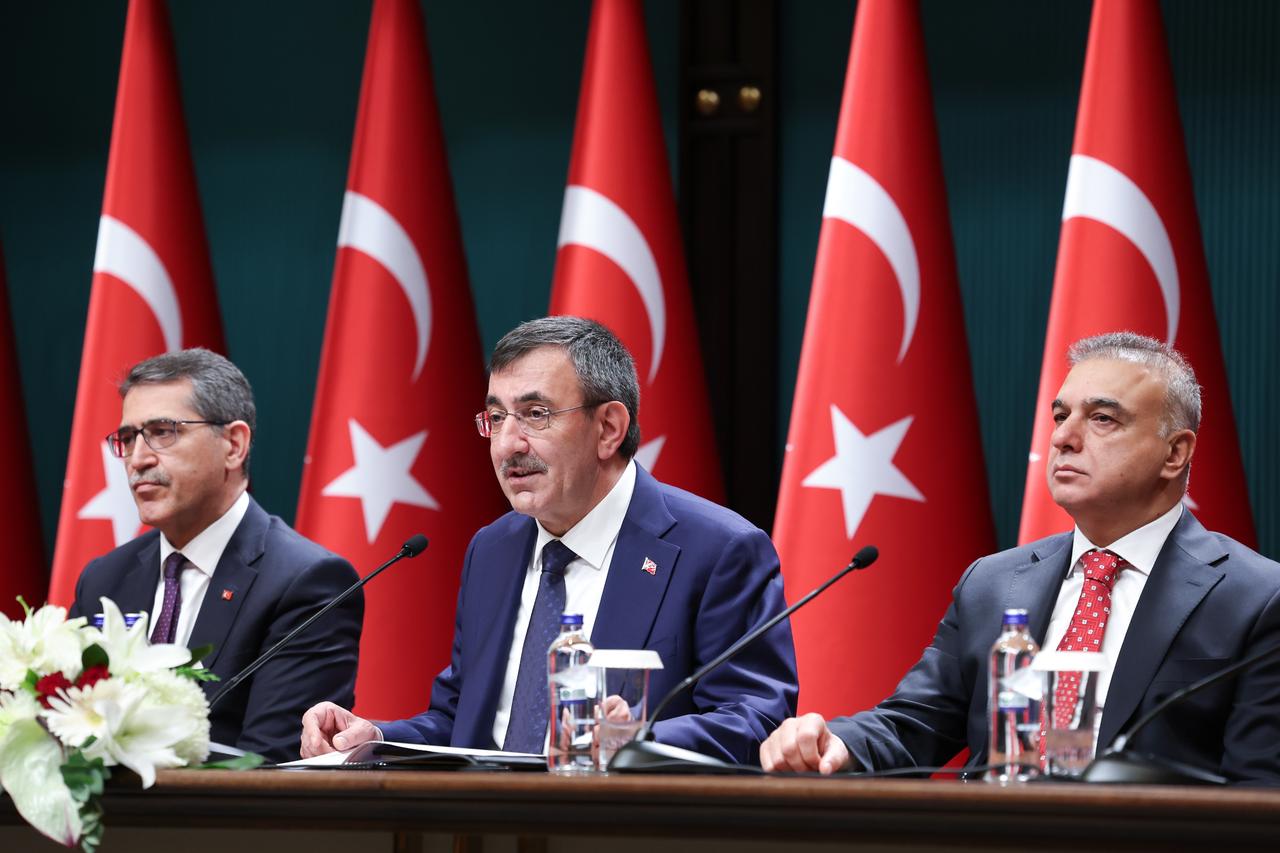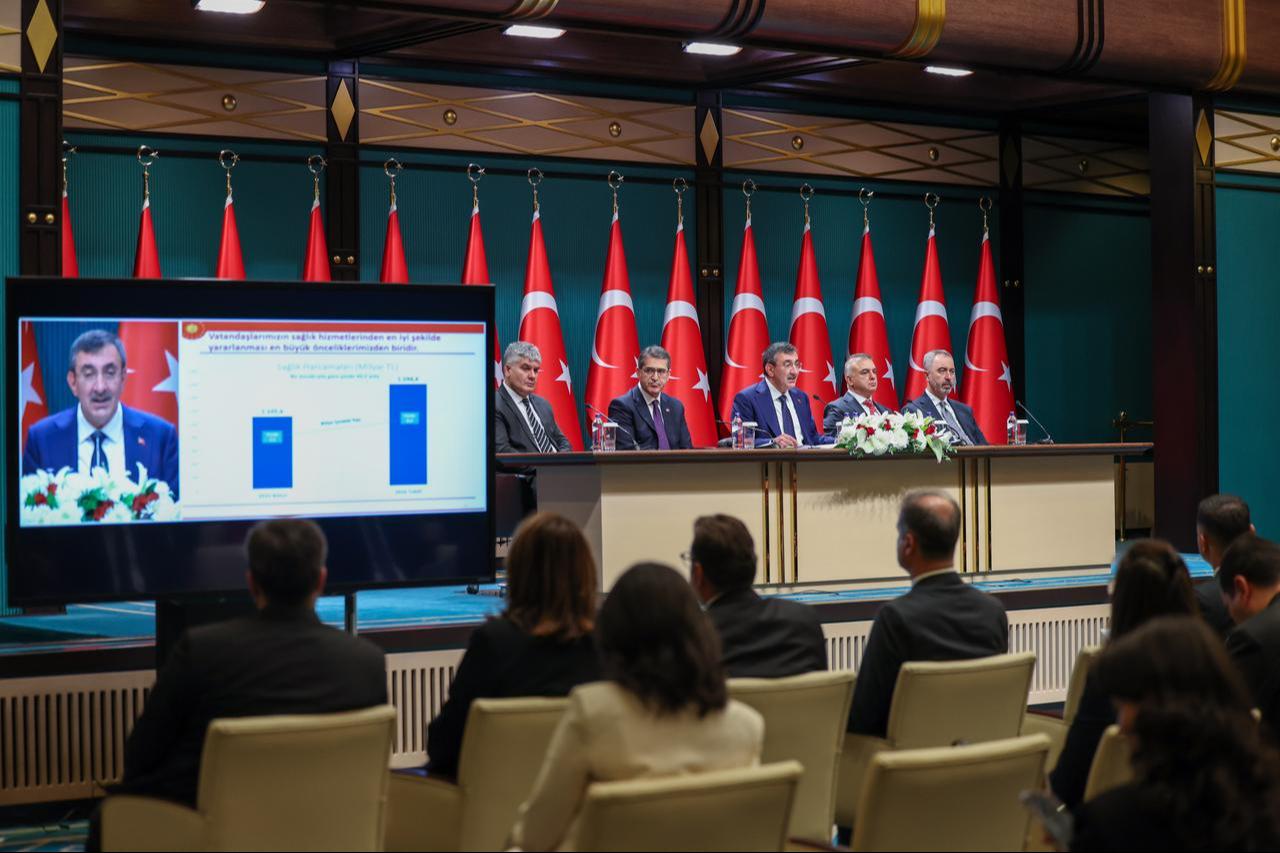
The Turkish government is projected to spend ₺18.92 trillion ($452.3 billion) against ₺16.21 trillion ($387.6 billion) in revenue in 2026, resulting in a ₺2.71 trillion ($64.74 billion) budget deficit, Vice President Cevdet Yilmaz said on Thursday.
The projection represents increases of 28.5% in expenditures and 26.6% in revenues compared with 2025 estimates.
Revenues are expected to be driven mainly by income taxes amounting to ₺3.51 trillion ($83.9 billion), marking a 65.6% increase, while expenditures will be dominated by personnel costs of ₺5.5 trillion ($131.5 billion), rising 58.5% across 228 public institutions.
Yilmaz stated that Türkiye will continue to prioritize education, with allocations—including higher education—rising to ₺2.9 trillion in 2026, representing 15.3% of the central government budget, the largest share among all sectors.
Defense and security spending will total ₺2.16 trillion, including ₺1.2 trillion for defense and ₺953 billion ($22.77 billion) for domestic security operations, accounting for an 11.39% share of total expenditures.
The vice president said that agriculture remains a strategic priority, with ₺888 billion allocated to the sector in 2026.
In addition, government support for the real sector—covering manufacturing, trade, and industry—is set at ₺713 billion, sustaining recent increases in export-oriented incentives.

Türkiye’s economy is forecast to expand by 3.3% in 2025 before accelerating slightly to 3.8% in 2026, Yilmaz said, describing it as a "moderate global growth outlook."
Gross domestic product (GDP) is expected to rise from ₺62.2 trillion ($1.48 trillion) in 2025 to ₺77 trillion ($1.84 trillion) in 2026, he added: emphasizing that the government’s medium-term program aims to reinforce financial stability, bring inflation down to single digits permanently, and preserve fiscal discipline.
Yilmaz also underlined Türkiye’s steady export performance, saying that authorities expect to maintain an uninterrupted increase in shipments and reach the $282 billion export target in 2026.
He added that ongoing policy measures are designed to strengthen competitiveness and ensure the sustainability of external balances.